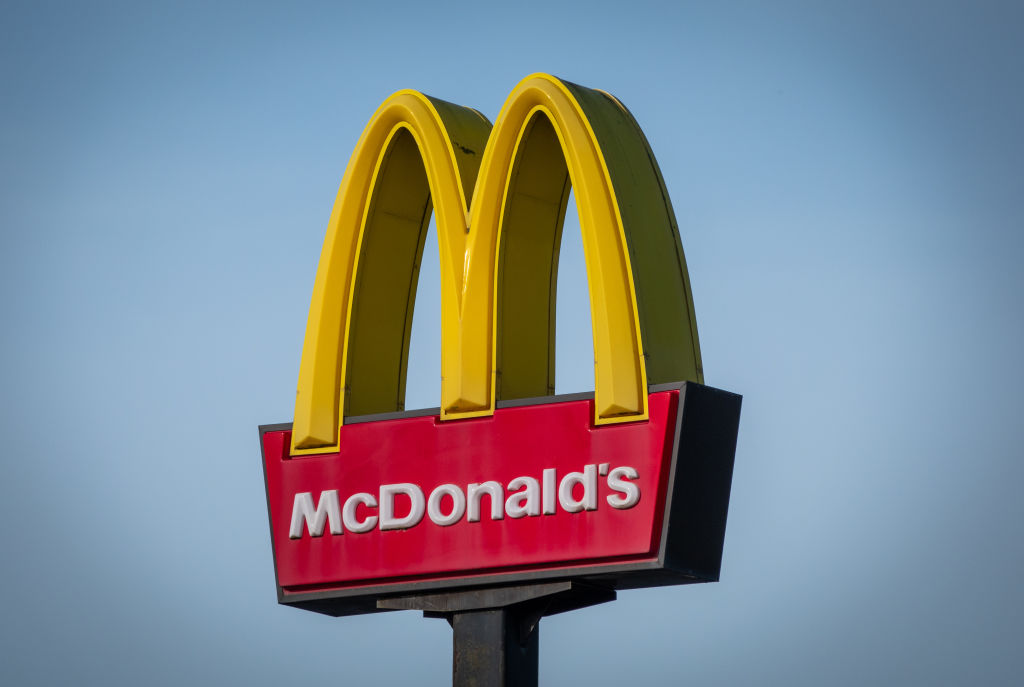
Commissioners have heard McDonald's' right of reply to grant consent to open a restaurant in Wānaka.
Consent is being sought to open a 455sqm restaurant with a drive-thru at the Wānaka-Luggate Highway, below Mt Iron.
Queenstown Lakes District Council opened the proposal up for public submissions, and of the 366 submissions made, 339 were opposed, while 21 supported it.
Many - including that from the Wao Aotearoa Charitable Trust - had concerns about the environmental and visual impacts of the restaurant on the town.
"The proposed site is highly visible at the entrance of Wānaka and is adjacent to significant landscape features such as Mount Iron," its submission said.
"The development will have a substantial adverse impact on the visual and aesthetic values of this sensitive location.
"The proposed mitigation measures, including planting and mounding, are insufficient to address the impacts of the building, signage, lighting, and parking areas.
"This site does not align with the community's objective to protect and enhance our natural landscapes," the submission said.
The trust also had concerns about light pollution and associated loss of insects, as a result of the original proposed hours of 24-hours a day, seven days a week.
However, Barrister Jeremy Brabant, representing McDonald's, told commissioners at a hearing today that amendments had since been made to the proposal.
They included new proposed operating hours of 6am to 11pm, and the blade sign [McDonald's logo sign] would be reduced in height to 2.2m.
"I refer to a submitter concerned about light pollution and frankly, there wasn't much evidence about what implications would be for insects or not, but in any event, that's responded to by adjustments to opening hours."
In a joint submission, Wastebusters and Plastic Free Wanaka said the heart of Wānaka's shared values was protecting the natural environment.
They were worried about litter and the visual and aesthetic impact on the town.
"This includes guardianship of our outstanding natural landscape, protection of our alpine waterways and transitioning to a circular economy, and is recognised in the council's strategic documents including the Vision Beyond 2050, the destination management plan and the waste management and minimisation plan," their statement said.
Brabant disputed that.
"Assertions that McDonald's doesn't care about the environment, doesn't care about community, values only financial return are submissions [in front of you], you know getting colourful and talking about rapacious greed and all the rest of it.
"McDonald's is a corporation that seems to be profitable, and that's obvious, and that's part of its reason for existence.
"But you also have clear evidence [in front of you] about the range of commitments by McDonald's to charity.
"Those include sporting endeavour and they include - as you know of real significance in New Zealand - that commitment to the Ronald McDonald Houses, which help families where they have people suffering terrible health issues.
"They have a commitment - as the McDonald's evidence establishes - to continually manage and improve environmental impact, and there are certain outcomes from a business [as] large and successful as this, which can appear outsized because of the success of the brand and the desire of people to go to McDonald's.
"There is a clear commitment that McDonald's does care about its impact on the world and it looks to improve it," Brabant told the Commissioners.
Brabant also spoke about submissions from people who did not want a fast-food service in the area.
"There's that underlying flavour from some that they'd rather there was no quick-service restaurants establishing in Wānaka, and the position fundamentally is that the plan provides for it and whether it will occur, presumably is one driven by particular brands' interest in this location and whether they perceive that establishing is something which is financially viable and valuable to them.
"And as a result, I simply say that personal aversion to quick-service restaurants [in] general or McDonald's particularly is not a [reasonable] basis for this application for consent to be declined," he said.
The three Commissioners - Helen Atkins, Robert Scott and Lisa Mein - will decide on whether to grant consent by the end of January.












